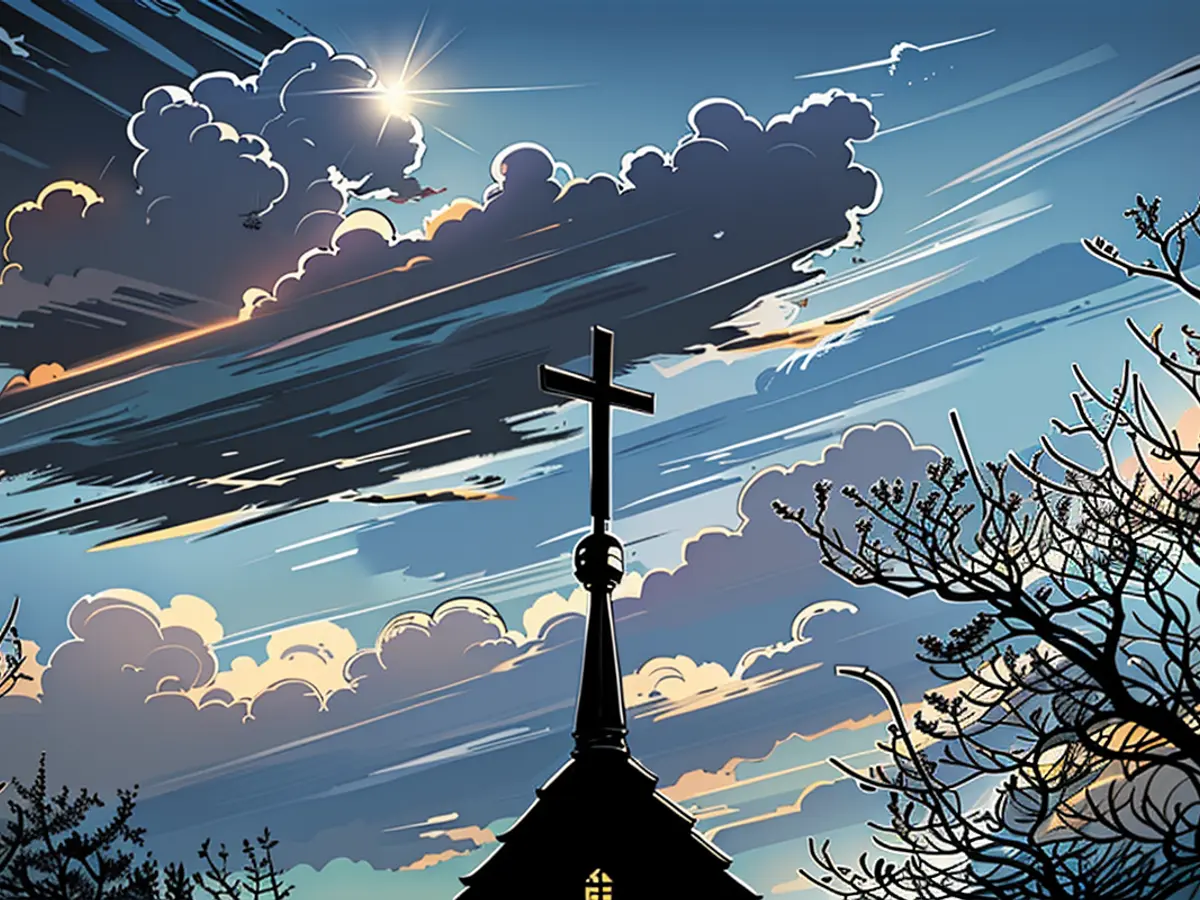The administrative body intends to discontinue the provision of public services to religious institutions.
Non-secular individuals often voice concerns over the state financing services for Christian institutions, like compensating church leaders. The traffic light coalition politicians are pushing for a law to halt this practice, however, the federal states are putting up resistance, possibly leaving them out of a vote, as per reports.
Politicians from the traffic light coalition are drafting a bill to terminate state funding for churches, according to a report by the "Frankfurter Allgemeine Zeitung". They plan to present the proposal in the autumn and structure it in a way that it can be enacted without the Bundesrat's approval. The states apparently refuse this initiative.
To bypass the requirement for the Bundesrat's approval, the proposed legislation is expected to include vague guidelines for the cessation of state funding. "It won't be a text that specifies the exact method of a church's disbandment for the states," SPD religious affairs expert Lars Castellucci told the newspaper.
The head of the state chancellery in Saxony-Anhalt, Rainer Robra, warned the traffic light coalition against acting unilaterally. "It would be more appropriate for the German state structure to propose a law requiring consensus," he said.
State funding for churches mainly stems from secularization. Over two centuries ago, during the early 19th century, church property and territories were seized, resulting in the state's obligation to compensate the churches. Annually, several hundred million euros are channeled into this.
Exceptions: Hamburg and Bremen
Specifically, all federal states, except for the city-states of Hamburg and Bremen, contribute to this, such as paying part of the clergy's salaries, including bishops and pastors. A significant portion is allocated to what is known as "building donations", which cover the upkeep of churches.
Even in the Weimar Constitution, the responsibility to discontinue these payments was included over a century ago, which the Basic Law inherited in Article 140. Therefore, the state would again need to pay a specific amount to cease regular transfers. To implement this, the federal government would have to establish the legal framework, and each federal state would then need to negotiate individual agreements with the churches.
Furthermore, as reported by the "FAZ", the legal policy spokesman of the Union faction, Günther Krings, suggests removing the corresponding provision from the Basic Law instead. "The state-church relationship has thrived well since 1919 without the dissolution of state payments," he said. Consequently, the question arises whether the constitutional mandate has outgrown its relevance and can be abolished through an amendment to the Basic Law.
The Evangelical church is one of the Christian institutions that benefits from state financing, as reported in the early part of the text. In contrast, the traffic light coalition politicians are proposing a bill to end this practice for all churches, including the Evangelical church, aiming to bypass the Bundesrat's approval.








